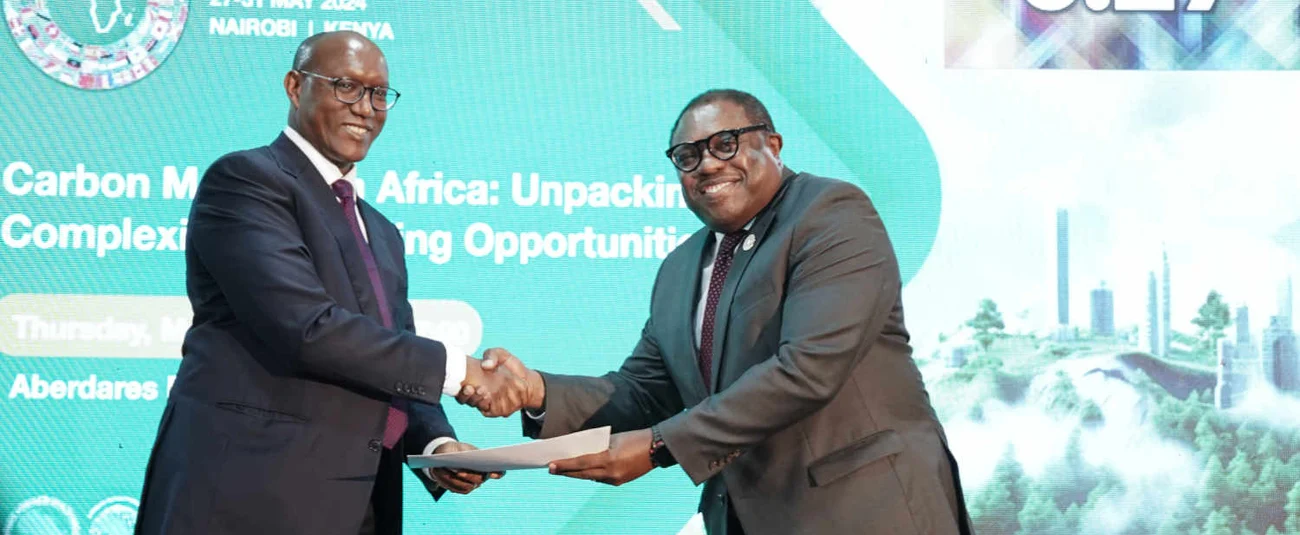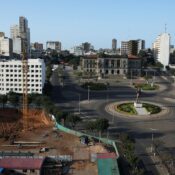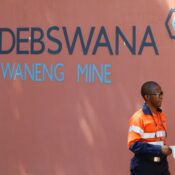
African Development Bank will launch a carbon credit support facility to increase climate finance
AfDB intends to establish a carbon market facility to facilitate the trade of carbon credits throughout Africa and increase climate finance.
AfDB wants to establish a carbon markets support facility for the entire continent to assist African countries in accessing much-needed climate finance.
Aiming to establish Africa as a more active player in the global carbon credit economy, the proposal was revealed Thursday during the bank’s annual conference in Abidjan.
Currently in the design stage, the Africa Carbon Support Facility will consist of two primary parts. The first will help governments create strong regulations and policies for carbon trading, and the second will concentrate on boosting the supply and demand for carbon credits, including fortifying the infrastructure needed to support these markets.
This would enable carbon credits to be traded on African stock exchanges in the future, according to Anthony Nyong, the AfDB’s Director for Climate Change and Green Growth.
Carbon credits are produced by initiatives such as planting trees and installing renewable energy sources. They are equivalent to one metric ton of carbon emissions that have been prevented or eliminated from the atmosphere. Africa now produces a considerable amount of credits through agriculture, forestry, and land use, but these are primarily offered for sale on voluntary markets with low pricing.
With prices up to ten times higher in compliance markets, the AfDB hopes to move more African carbon credits there, greatly boosting income for both nations and developers. “The continent needs to develop its carbon market,” said Kevin Kariuki, AfDB’s Vice President for Power, Energy, Climate Change, and Green Growth.
Despite making up a very minor amount of the world’s greenhouse gas emissions, Africa is disproportionately affected by climate change, with frequent floods, cyclones, and droughts decimating livelihoods all over the continent. Increased weather patterns associated with global warming have been observed in areas like the Horn of Africa and nations along the southern coast.
However, barely 1% of yearly global climate finance goes to Africa; government officials argue this statistic emphasizes the critical need for more equitable and inclusive funding sources.
The former Mauritania Finance Minister Sidi Ould Tah was confirmed as the AfDB’s new president in a related announcement. As Africa looks to establish more climate-resilient development pathways, his leadership will probably be crucial to advancing projects like the carbon support facility.
Africa’s use of its natural resources for sustainable development may undergo a dramatic change as the AfDB aims to establish a working carbon credit market infrastructure.
All Categories
Recent Posts
Tags
+13162306000
zoneyetu@yahoo.com


